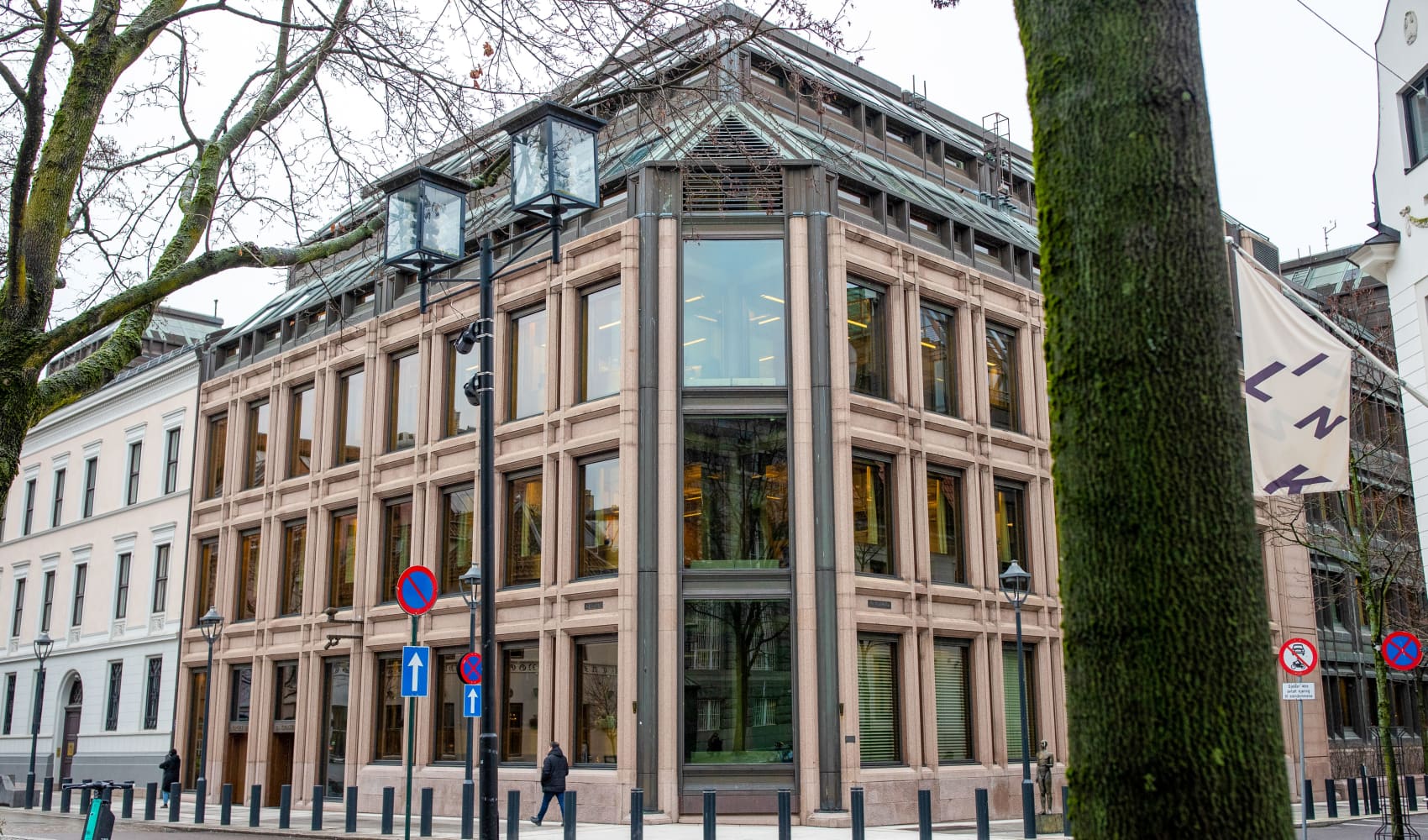
- Marissa Mayer sees digital contact information as an unorganized mess that is key to daily life and happiness, and that can be improved with AI.
- She says up to one-fifth of all contacts are currently stale, and companies sometimes pay six-figure sums to fix the problems, one of the reasons she launched the app Sunshine Contacts.
- Apple this week unveiled several updates to its contacts management in iOS 17, with easier sharing of contacts across devices and more customization of contact appearance.
Whenever there's mention of a new CEO opening in tech, former Yahoo CEO and former Google vice president Marissa Mayer's name always seems to come up.
However, Mayer raised some eyebrows in 2020 when instead of turning up at another Silicon Valley giant, she launched startup Sunshine to focus on the seemingly "smaller" problem of contacts. It is a problem she believes can have a big impact if addressed right.
Get Southern California news, weather forecasts and entertainment stories to your inbox. Sign up for NBC LA newsletters.
"I believe in Sunshine and I really want to be a part of building a company that does what Google did and what Yahoo did, where it really changes and makes an impact for the better for a billion people," Mayer told CNBC's Julia Boorstin at the recent CNBC CEO Council Summit in Santa Barbara, California.
Mayer and co-founder Enrique Muñoz Torres started working on Sunshine in 2018 to automate the mundane task of organizing contact information. It was originally known as Lumi Labs and rebranded to Sunshine in late 2020.
Sunshine Contacts, its first product, is an app that cleans up address books — using AI integrations to get rid of duplicates, update contacts with the most accurate information, and ultimately manage people's relationships. The company also has Sunshine Birthdays and Sunshine Circles that delve into organizing birthdays and sharing information with groups.
Money Report
"The idea is that Sunshine Contacts basically becomes the brain that operates your contacts," Mayer told CNBC back in 2020 when the app was launched. "Contacts, in our view, should be a living, changing thing."
After parts of the original Lumi Lab's algorithms failed to get rid of duplicates and received backlash by some for being "underwhelming," Sunshine was launched with technical improvements, integrated generative AI, and brought forth numerous key learnings.
One of the main lessons Mayer said the team learned was that personal preference plays a huge role in contacts, whether this be for parents to be called "Mom" or "Dad" or their doctors to start with "Dr." rather than their first names.
That integration of artificial intelligence into human opinions and preferences is key to Mayer, who said at the CNBC CEO Council Summit she remains an "AI optimist," hopeful of the opportunities that it brings along with careful regulation. Sunshine uses AI for pattern recognition, with OpenAI's ChatGPT and API, as well as its integrations with Gmail and Outlook. The AI analyzes signatures and email bodies and parses out what parts of contacts are obsolete.
With 18% to 21% of all contacts currently stale and companies sometimes even applying six figure solutions to the mess of contact organization, Mayer said that contacts are a key part of making people happy.
Torres told CNBC in 2020 that people have become accepting of the status quo in contacts, but that means it is a pervasive problem. Mayer said that focusing on an app that does one thing well was a big idea because consumers are less likely now to want a "mega-app" for everything.
"What makes people happy is building and strengthening relationships, which is what is at the foundation of contacts," she said at the CNBC CEO event. "Not very many people take the time to manage their contacts. They kind of learn to live with the mess and work around the mess."
In fact, Sunshine isn't the only tech player focused on improving use of contacts, and it has competition from the biggest company in the world. Earlier this week, at its WWDC, Apple unveiled several new features to manage contacts within iOS 17 — NameDrop, which allows for sharing of contacts, and other digital assets, in a manner similar to AirDrop; and greater customization of contacts design, including images, through its Contact Posters function.






